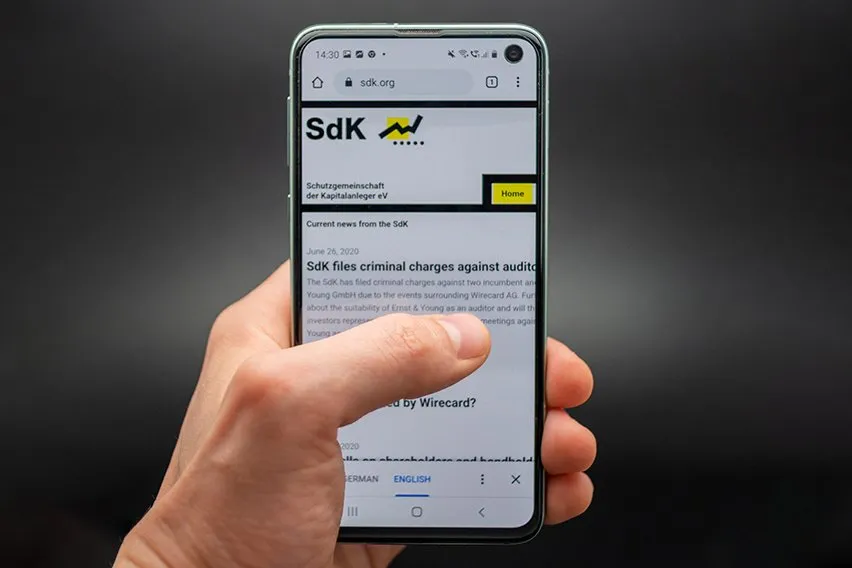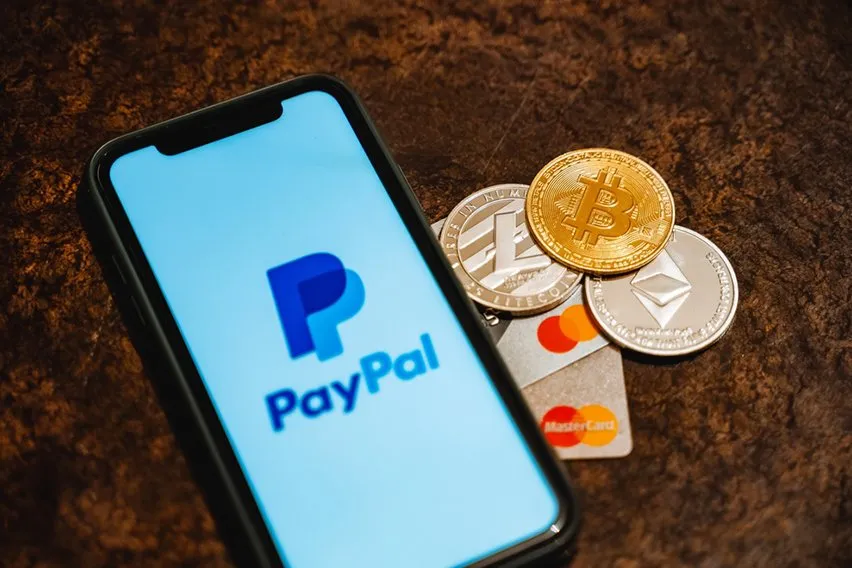What Is a Facilitation Payment? Definition & Examples

Facilitation payments are like bribes but with some very key differences! Learn all about them in this guide
When accountants hear the term “facilitation payment” they may automatically classify it as a bribe. But the truth is, facilitation payments are legal in some contexts. They are often used in international and governmental actions.
Here’s What We’ll Cover:
Definition of Facilitation Payments
Examples of Facilitation Payments
Definition Of Facilitation Payments
A facilitation payment is a payment that a business makes to facilitate legal or governmental proceedings. Here is the key part. The thing you are facilitating must already be something you are entitled to. You are using money to show your appreciation to the government agency or entity that is processing something they were going to do for you anyway.
You aren’t changing their minds with money. The process they are doing to help you would happen without the money.
This technique is typically used to expedite the administrative process of documents or licenses. It’s not to start the process. It’s to ensure it is completed quickly and efficiently.

Facilitation Payment vs Bribe
So doesn’t this sound like a form of bribery? Well, not quite.
A bribe implies that you are making a payment to convince the public official to do something you are not entitled to. A facilitating payment is to speed up something you are entitled to.
Bribes are typically used to start a government action that you otherwise wouldn’t have access to. Or aren’t qualified for.
Bribes are illegal in most countries. It’s classed as fraud to bribe a government official to do things out of the ordinary for you.
That said, the legality of facilitating payments is a little shaky too. More than anything, it’s difficult to draw a defined line between a bribe and facilitating payments.
For this reason, here in the UK there is a ban on facilitation payments. Other European countries like Germany class them as bribes under anti-corruption laws too.
In the US, there is a narrow exception. American businesses can use facilitating payments in very extraneous circumstances.
The official law is called the Omnibus Trade and Competitiveness Act of 1988. It states that facilitating payments are permitted under the following conditions:
- You’re paying to expedite a routine government action. (Routine action means that the action would have been done anyway. Perhaps at a slower pace.)
- It involves a non-discretionary act. (A non-discretionary act is essentially an act to prevent an emergency that is out of your control. So for example, an earthquake destroys your offices and you need to request paperwork from the local council. You can use a facilitating payment to push it through because you’re in a force majeure situation)
State and local laws will apply of course. This is at a Federal level. When dealing overseas, you’ll need to comply with their local fraud and bribery laws.

Examples of Facilitation Payments
You are starting to trade in a new country that you haven’t traded in before. As part of the process, you give the local council for your operations money as a token of your appreciation. This makes the process smoother for you as a business to get the paperwork and licensing you need.
You have set up your business abroad and now your merchandise is stuck at the border. It is going to take months or weeks to process. This is another situation when companies use facilitating payments. It would appease the foreign official at customs. The customs official then expedites the release of the goods.
Key Takeaways
Facilitating payments walk a very fine legal and moral line. Even in the cases where it may be technically legal to use money to speed up government processes, it is generally frowned upon.
In the UK, it’s completely banned and illegal. It is best not to attempt at all or you’ll face fraud or corruption charges.
There are some loopholes internationally, but it’s still frowned upon. Please do your research about the country you operate in most and their bribery laws. The best way to avoid legal enforcement action is to be as clear on the law as possible.
For more guides like this one, head to our resource hub!
RELATED ARTICLES

 What Is an SDK? All You Need to Know
What Is an SDK? All You Need to Know How to Transfer Money to PayPal Account in 5 Steps
How to Transfer Money to PayPal Account in 5 Steps What Are Alternative Payment Methods (APM)?
What Are Alternative Payment Methods (APM)? PayPal Recurring Payments: A Set-up & Cancel Guide
PayPal Recurring Payments: A Set-up & Cancel Guide What Are Cash Receipts? Definition, Example & Benefits
What Are Cash Receipts? Definition, Example & Benefits What Is an EFT Payment (Electronic Funds Transfer)? A Guide
What Is an EFT Payment (Electronic Funds Transfer)? A Guide